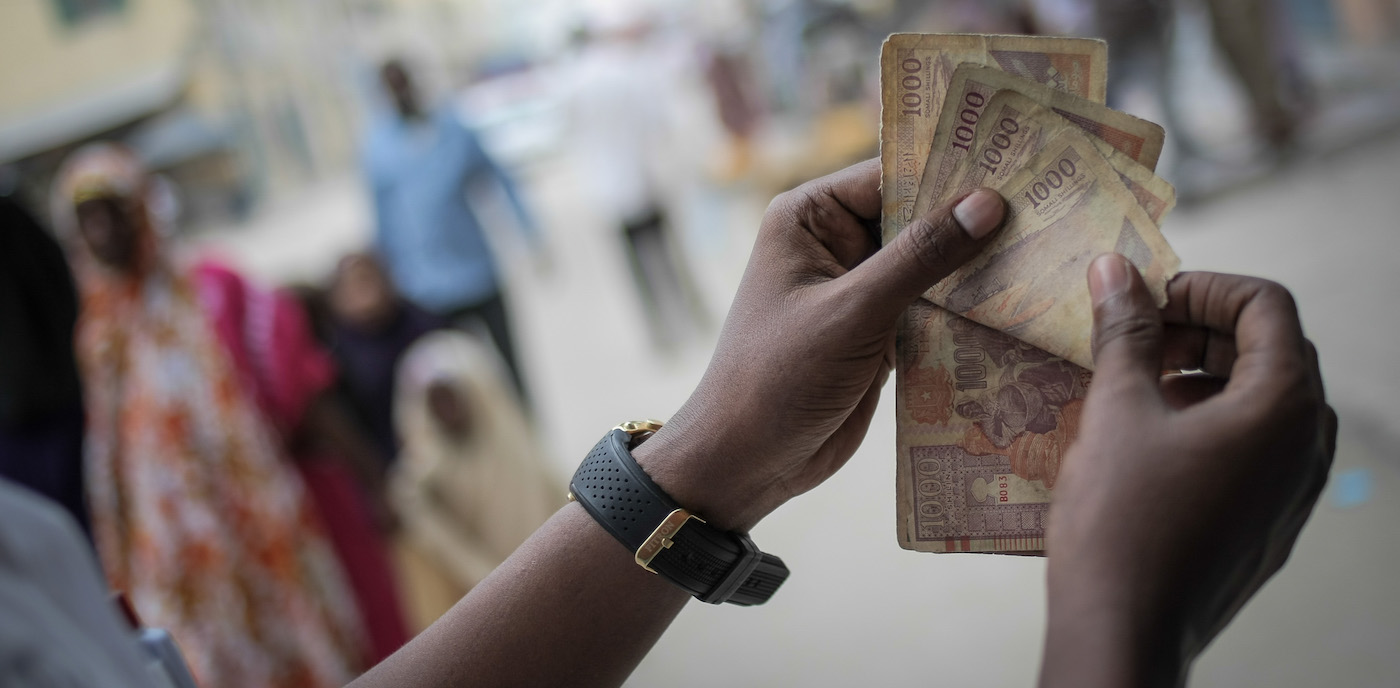The Acton Institute continues to lead the global poverty discussion, as the Canada-Africa Chamber of Business hosted a screening of its award-winning documentary Poverty Inc. Afterwards the chamber held a virtual panel of speakers from around the world, including the film’s producer, Acton Institute Research Fellow Michael Matheson Miller, about how the movie’s insights apply to poverty eradication programs.
The panel was moderated by Garreth Bloor, president of the Canada-Africa Chamber of Business and formerly a leader of a free-market think tank in South Africa. Miller’s fellow panelists included:
- Susan Namulindwa, vice president of the Canada-Africa Chamber of Business;
- Adedayo Thomas, the executive director of the African Liberty Organization for Development who now serves in an appointed position with the Nigerian government; and
- Sebastian Spio-Garbrah, the global managing director and chief analyst of Toronto’s DaMina Advisors.
Thomas noted the impact that Poverty Inc. and its follow-up, Poverty Cure, have had among Africans. He’s translated the movie into three languages already. “Poverty Inc. has gone into well over 50 universities, and I think I’ve reached over 15,000 students,” he said.
“Michael and crew identify what is needed,” he said. Showing the documentary saves him hours of arguing the finer points of economic statistics and the philosophy of Adam Smith. “The Poverty Inc. film summarizes those things and makes it very easy for me.”
Miller said the movie has helped alert people concerned about poverty to the inadequacies of foreign aid, which provides only short-term relief, empowers corrupt dictators, and deals with the poor in a paternalistic manner.
“We tend to treat poor people are objects of our charity, objects of our compassion, objects of our pity, instead of treating people as subjects who are protagonists of their own story of development,” Miller said. “We’ve built this kind of poverty industry that treats people as things or problems to be solved instead of being in intersubjective relationships with them.”
He likened well-intentioned acts of charity to rescuing drowning people, rather than building a bridge that would empower them to cross safely on their own – and render further rescue missions unnecessary. This “sentimental error” overlooks the vital role that developing markets for indigenous goods play in sustaining an economy, as well as such “invisible layers” of social capital as the right to own property, the durability of contracts, and the stable and uniform administration of justice.
Spio-Garbrah added that Africans must resist the lure of temporary infusions of cash. “We, as Africans, have to take ownership of our destiny” by correcting structural issues and economic maladies like runaway inflation. Leaders must also realize that one-size-fits-all foreign aid programs “undermine your autonomy” and erode the belief that “each human being’s brain has the internal capacity of reflection.” This disregard may be seen most clearly when aid workers come to view themselves as “little gods,” entitled to receive government money while sexually exploiting underage girls.
If all people have equal gifts to care for themselves, leaders must ask why people are unable to provide for their families, he said. Government aid is “completely undermining the family.”
You can watch the full panel discussion below:

